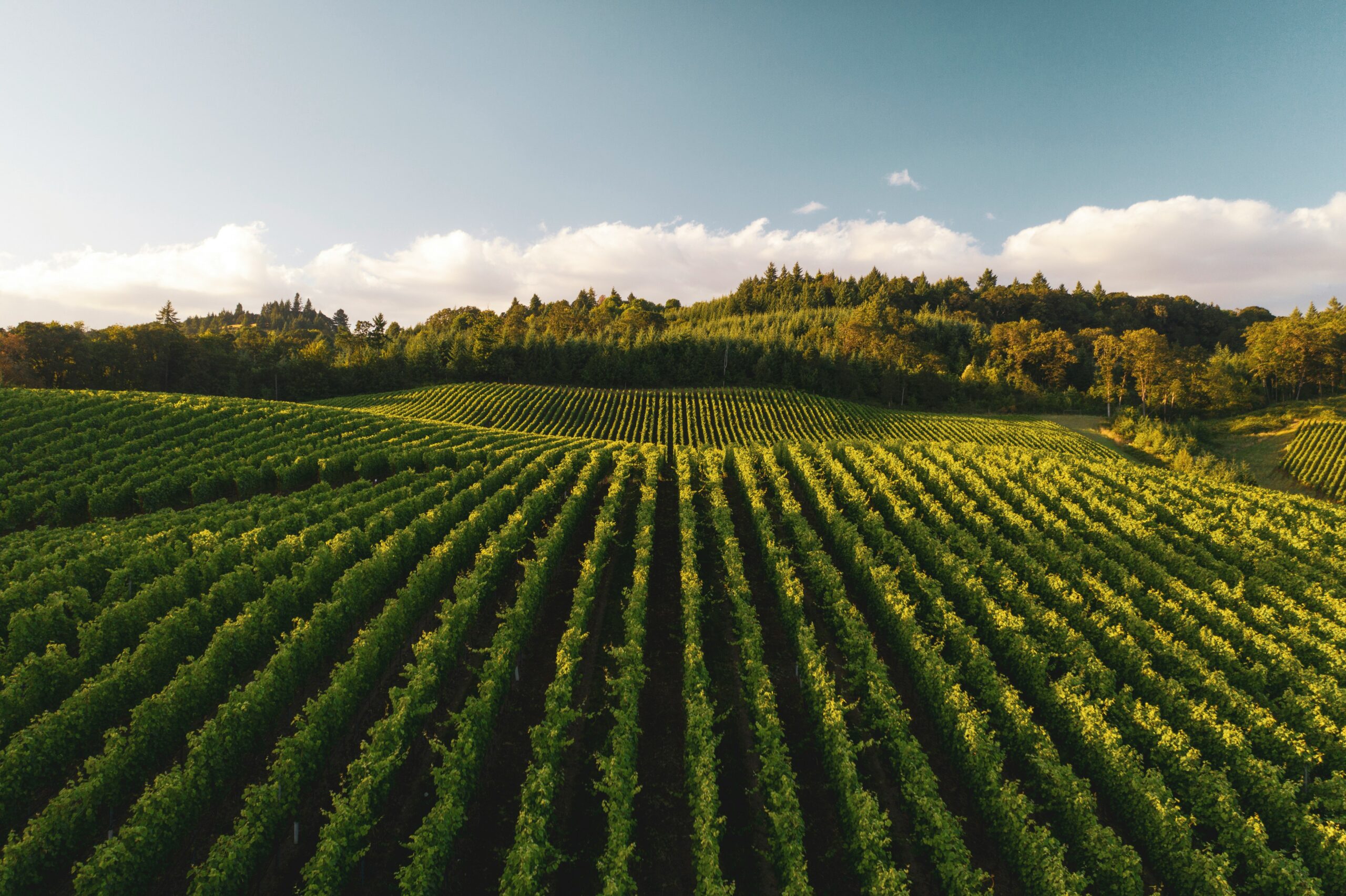Quality Loss (QL) Option
If you have not already read, the articles on Yield Adjustment, Yield Cup, and Yield Exclusion you may want to go back and check those out first. We also have Podcast episodes about each of those subjects as well – Podcast Link.
Here is a brief summary of what the Quality Loss (QL) option is all about from our friends over at Rain & Hail:
Quality Loss (QL) option allows you to utilize your actual yields without adjustments for quality deficiencies to calculate your Approved APH, rather than the post-quality yields that are currently used. By electing QL, your APH database will reflect what you actually produced, not a yield that was reduced due to a quality issue. Replacement only applies when a Notice of Loss (NOL) was timely filed and the crop had quality-adjusted production, regardless of whether an indemnity payment occurred.
Currently the Quality Loss (QL) option, at the time of publishing this article, is only available for 15 crops.
How the Quality Loss (QL) Option works.
Example
As you can see in the above example; If you did NOT have the Quality Loss (QL) Option you would have to use the average of your Post-Quality Adjusted Production which was 46.0 bushels per acre. If you had the Quality Loss (QL) Option you could then use the average of your Pre-Quality Adjusted Production which is 57.5 bushels per acre.
Disclaimer
There are a lot of rules behind this program, so the above information is very high level. You will want to take a deeper dive into understanding the program before making a purchasing decision. Keep in mind the above information is for informational purposes only, and does not replace anything found in the Crop Insurance Handbook, Loss Adjustment Manual, RMA’s website, etc. Always consult the Crop Insurance Handbook, Loss Adjustment Manual, RMA’s website, etc. before making a purchasing decision. Any discrepancy between the above information and the policy is not intended. The information provided in this article does not supersede policy and procedure. Any changes to the policy and procedures may make this material obsolete.
Want to learn more about this topic and others?
The Crop Insurance Podcast
Check out our Podcast to learn more about Crop Insurance.
Listen Now!








